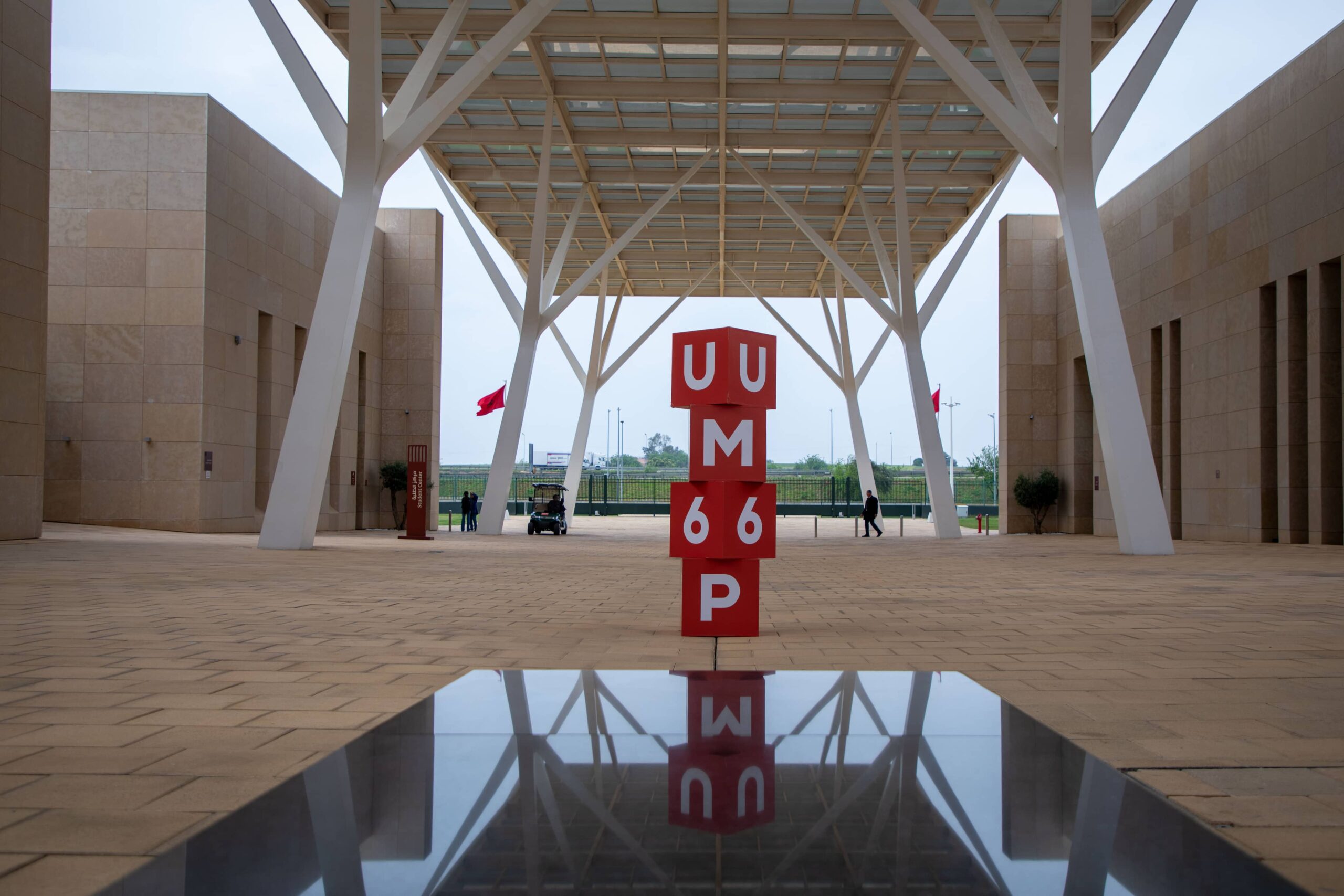
The International Summer School in Quantitative Finance & Risk Management explores key topics like Green Finance, AI, & cyber risks, offering an immersive learning experience with experts to navigate ecological & digital transitions.
This Summer School provides an in-depth exploration of advanced topics in quantitative finance, risk management, and insurance, focusing on the challenges and opportunities posed by ecological and digital transitions. The program integrates cutting-edge research in Green Finance, cyber risks, longevity risk, artificial intelligence, and data science. It also delves into mean-field game theory for modeling financial markets and optimizing portfolios and applied economic frameworks like control theory and principal-agent models for governance and incentives.
In addition to life insurance, the program covers key topics in non-life insurance, such as property and casualty (P&C) insurance modelling, catastrophe risk, and loss reserving.
These discussions ensure a balanced perspective across the insurance sector, offering participants a holistic understanding of life and non-life challenges in the modern era.
This Summer School is tailored for participants with a solid foundation in mathematics or applied mathematics, ensuring they can fully engage with the program’s advanced quantitative content. The targeted audience includes:
The program features a distinguished group of academics and industry professionals, including experts in finance, risk management, life insurance, and non-life insurance, ensuring a comprehensive learning experience.

PROF OF APPLIED MATHEMATICS

PROF OF ECONOMICS
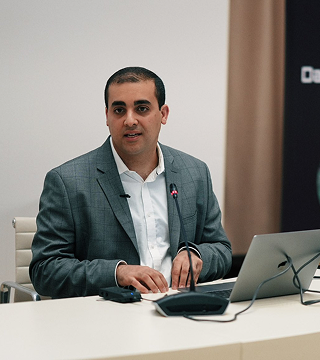
ASSISTANT PROFESSOR
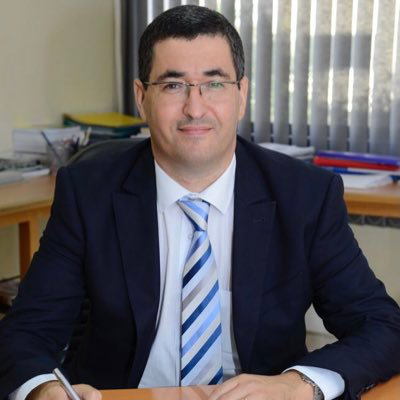
PROF OF FINANCE

PROF OF APPLIED MATHEMATICS

PROF OF ECONOMICS
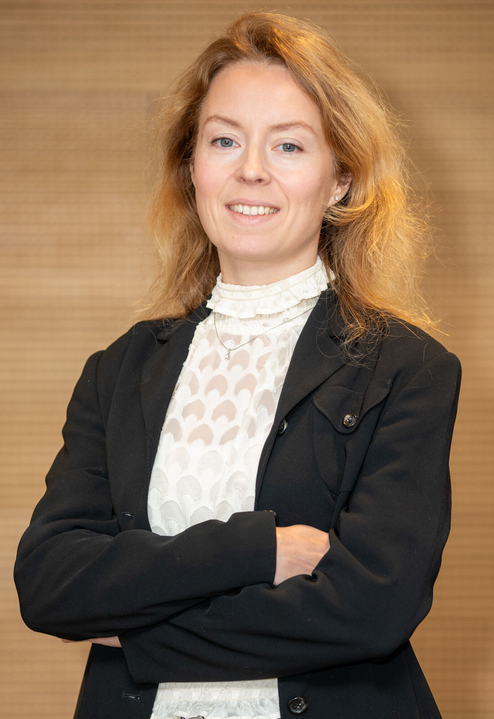
PROF OF ECONOMICS

PROF OF MATHEMATICS

PROF OF APPLIED MATHEMATICS
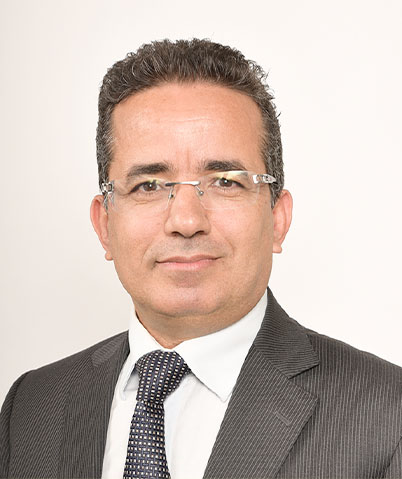
PROF OF FINANCE

PROF OF FINANCE
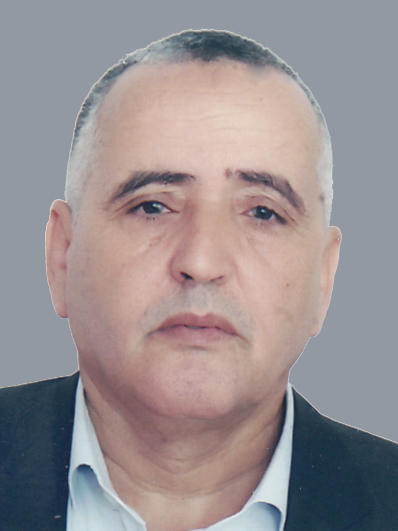
PROF OF APPLIED MATHEMATICS

PROF OF APPLIED MATHEMATICS
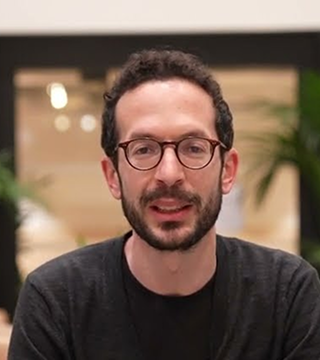
PROF OF APPLIED MATHEMATICS

PROF OF APPLIED MATHEMATICS

PROF OF FINANCE

PROF OF FINANCE

PROF OF FINANCE
Gain insights into integrating ESG criteria, quantifying climate risks, constructing sustainable portfolios, and analyzing the impact of ecological transitions on financial markets.
Examine the identification, modeling, and mitigation of digital threats to financial and insurance systems and develop strategies for resilience against cyberattacks.
Address the challenges associated with aging populations, particularly for life insurance, pensions, and long-term planning.
Explore catastrophe modeling, loss reserving, and underwriting strategies for P&C insurance, emphasizing tools for managing high-severity, low-frequency events and dependence modeling.
Leverage AI and machine learning techniques for time series analysis, risk prediction, and financial strategy optimization in life and non-life insurance.
Apply big data analytics, predictive algorithms, and Bayesian methods to optimize decision-making and manage systemic risks in financial and insurance markets.
Analyze collective behaviours in financial systems, systemic risks, and strategy optimization in competitive environments.
Participate in case studies and interactive workshops that bridge theory with real-world scenarios in both finance and insurance (life and non-life).
Engage with international experts to discuss challenges and opportunities in Green Finance, digital security, and the future of insurance (life and P&C) in a transitioning economy.
Investigate governance structures, incentives, and economic contracts using advanced contract theory tools applied to both financial and insurance sectors.
Collaborate with peers, industry professionals, and researchers to foster partnerships, exchange innovative ideas, and explore future research directions.
Engage with renowned professors, researchers, and practitioners to build valuable relationships and explore new research opportunities. This collaborative environment fosters innovative ideas and solutions, strengthening your network and advancing your career in finance and economics.
This Summer School offers the chance to master advanced methodologies in key areas such as quantitative finance, risk management, and both life and non-life insurance. Topics include Green Finance, cyber risks, AI, data science, and mean-field game theory for market modeling and portfolio optimization. The program also addresses economic challenges like governance and incentives within ecological and digital transitions, providing a comprehensive and impactful learning experience led by global experts.
The conference will be hosted by Mohammed VI Polytechnic University at its Rabat campus. This young and dynamic higher education institute continues to offer a top-tier learning environment. Rabat, the capital city of Morocco, provides a vibrant setting for the event, while still maintaining the university’s high standards of education and innovation.
